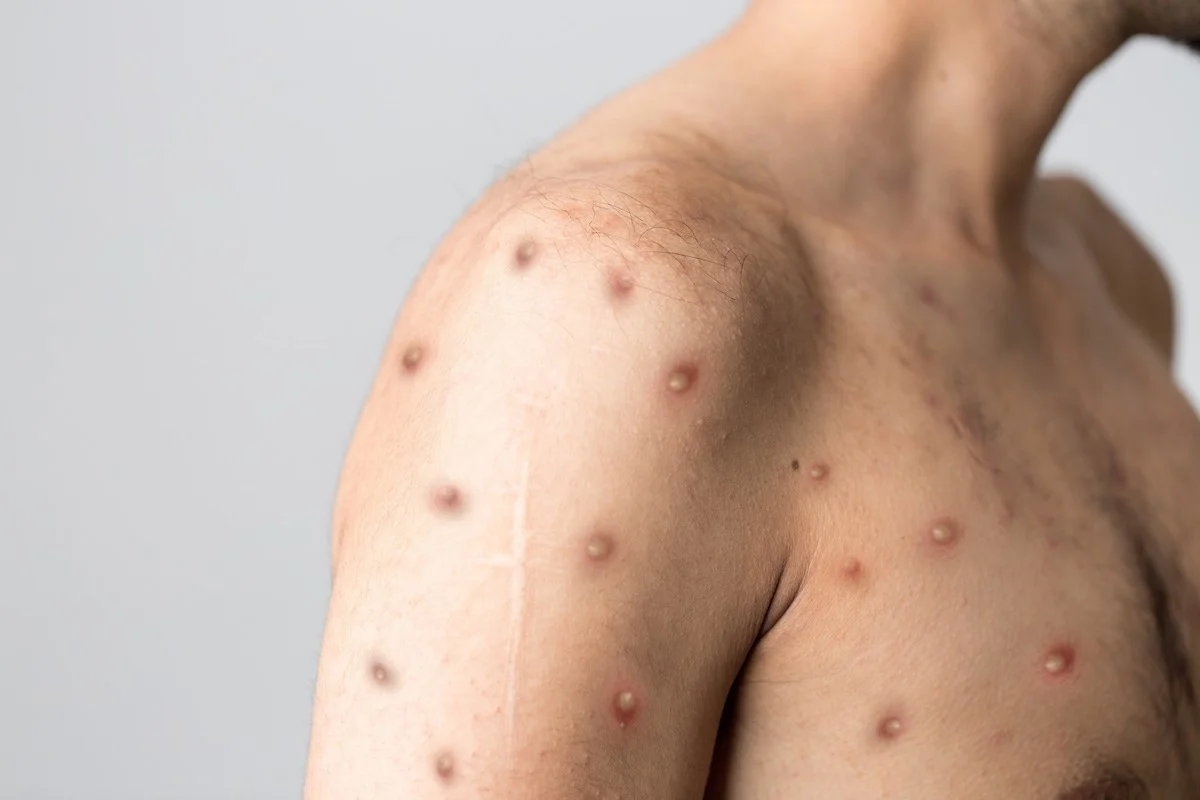The Swedish Public Health Agency has reported what is considered the first case of a more dangerous type of monkeypox outside the African continent. The person was infected during a stay in an area of Africa currently experiencing a major outbreak of the “mpox Clade 1” variant, the agency stated. This news comes just hours after the World Health Organization (WHO) declared the mpox outbreak in parts of Africa as a global public health emergency.
At least 450 people have died in the Democratic Republic of the Congo, and the disease has since spread to Central and Eastern Africa. According to Olivia Wigzell, acting head of the Swedish Public Health Agency, the infected person sought medical help in Stockholm, and the fact that they are being treated in Sweden does not imply a risk to the broader population.
Mpox, previously known as monkeypox, spreads through close contact, such as sexual contact, skin-to-skin contact, but also through talking or breathing near another person. The disease causes flu-like symptoms, skin lesions, and can be fatal in 4% of cases. The European Centre for Disease Prevention and Control noted that symptoms typically appear 6-13 days after infection, including fever, headache, rash or sores, and muscle aches.
Most people experience mild to moderate symptoms followed by a full recovery, but individuals with compromised immunity are at greater risk. Mpox is more common in the tropical rainforests of West and Central Africa, where there are thousands of infections each year. There are currently several simultaneous outbreaks of mpox, partly driven by a new and more severe strain identified last September.
There are two types: Clade 1 and Clade 2, with the Swedish case identified as Clade 1b. Since Clade 1b was first discovered in the Democratic Republic of the Congo, confirmed cases have appeared in Burundi, Kenya, and Rwanda before the new case was identified in Sweden. Clade 2 caused a public health emergency in 2022. It was relatively mild, with around 300 cases identified in Sweden so far.
The WHO for Europe stated that it is actively engaging with Swedish health authorities on “the best way to manage the first confirmed case of mpox Clade 1b.” It urged other countries to act swiftly and transparently, like Sweden, as “other imported cases of Clade 1 are likely in the European region in the coming days and weeks.”
Brian Ferguson, Associate Professor of Immunology at the University of Cambridge, said this was “clearly a concerning development” but not surprising given the severity and spread of the outbreak in Africa. Vaccines are available for those at higher risk or who have had close contact with an infected person, but many experts are concerned about the lack of vaccines or sufficient funding to get them to those who need them most.
News of the first case outside Africa may raise alarm, as swift international action can help prevent further spread of the disease. ©BBC
Post Views: 29


 Sport24 hours ago
Sport24 hours ago
 Fama1 day ago
Fama1 day ago
 Sport2 hours ago
Sport2 hours ago
 Sport1 day ago
Sport1 day ago
 Sport1 day ago
Sport1 day ago
 Sport4 hours ago
Sport4 hours ago
 Sport2 days ago
Sport2 days ago
 Sport2 days ago
Sport2 days ago
 Sport1 day ago
Sport1 day ago
 Sport1 day ago
Sport1 day ago






